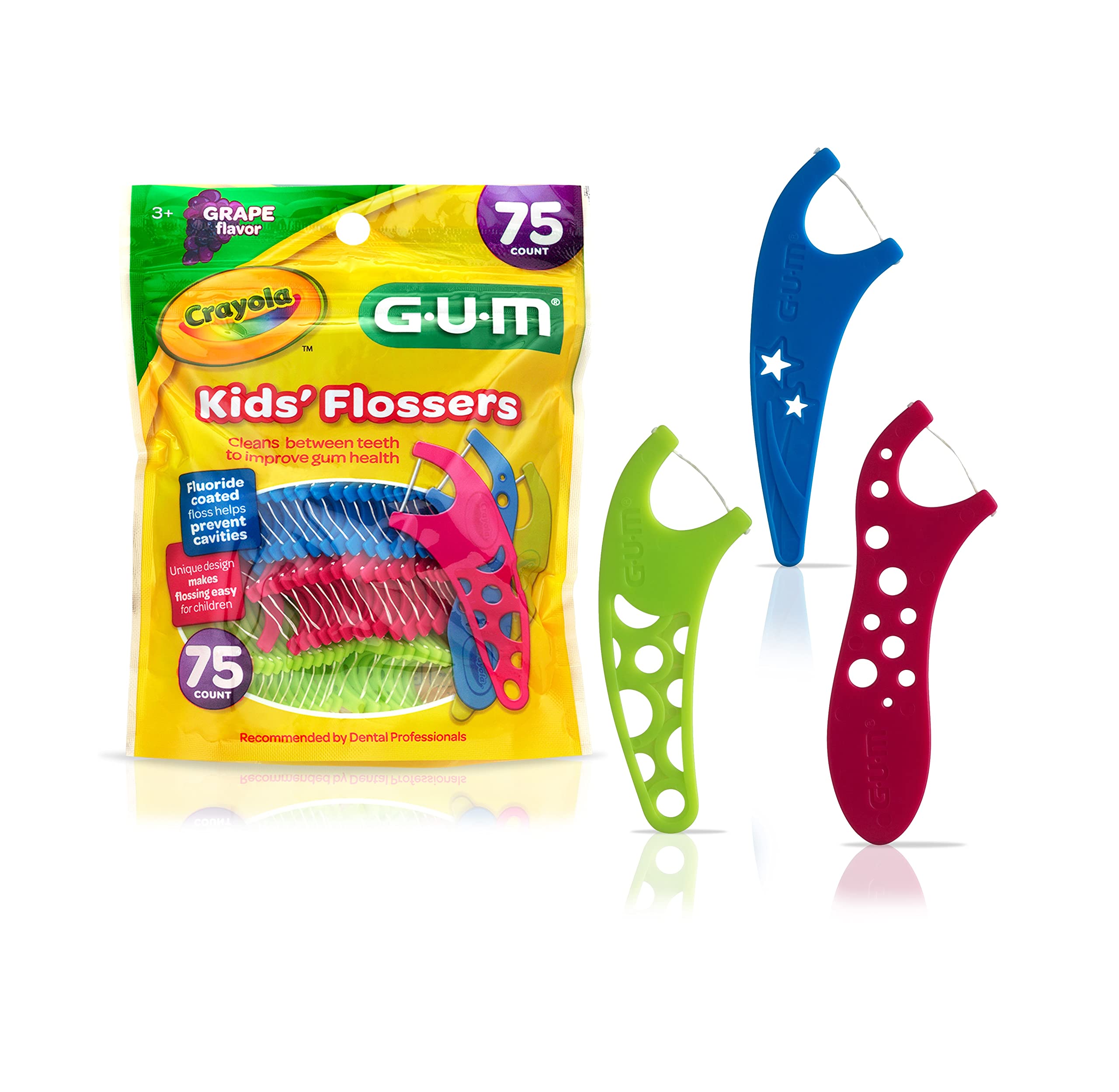Introduction
Good oral hygiene practices are essential for maintaining healthy teeth and gums, and this applies to children as well. While brushing is a well-known and widely practiced habit, many parents wonder when their child should start flossing. In this blog post, we will explore the importance of flossing for children and provide guidance on when to introduce this crucial step in their dental care routine.
Why is Flossing Important for Children?
Good oral hygiene is crucial for maintaining healthy teeth and gums, and flossing plays a vital role in this. While brushing helps remove plaque from the surfaces of teeth, flossing helps clean the areas between teeth where a toothbrush cannot reach. By starting flossing early, you can instill good oral habits in your child and prevent dental problems in the future.
When Should You Start Flossing Your Child’s Teeth?
The American Academy of Pediatric Dentistry recommends starting flossing as soon as your child has two teeth that touch each other. This usually occurs around the age of two to three years. However, every child is different, and it’s best to consult with a pediatric dentist to determine the right time to start flossing for your child.
How to Introduce Flossing to Your Child
Introducing flossing to your child can be a fun and interactive experience. Here are some tips to make it easier:
Choose the Right Floss
There are various types of floss available, such as traditional floss, floss picks, and water flossers. Pick a floss that is suitable for your child’s age and preference. Floss picks can be easier to handle for young children.
Demonstrate Proper Technique

Show your child how to hold the floss and gently guide it between their teeth. Use simple and easy-to-understand language to explain the importance of flossing.
Make it a Game
Turn flossing into a game to make it more enjoyable for your child. You can use a sticker chart or a small reward system to motivate them to floss regularly.
Supervise and Assist
Initially, your child may need assistance with flossing. Supervise their technique and help them reach the back teeth until they can do it independently.
Common Concerns About Flossing in Children
Parents often have concerns about flossing in children.
Summary
Flossing plays a vital role in maintaining optimal oral health, even for children. It helps remove plaque and food particles from areas that a toothbrush cannot reach, preventing tooth decay and gum disease. While the American Academy of Pediatric Dentistry recommends introducing flossing as soon as two teeth touch, it is crucial to consult with a pediatric dentist to determine the best time for your child. Factors such as their dexterity, coordination, and willingness to cooperate will influence when they are ready for flossing. By starting early an discover here d making flossing a fun and interactive experience, you can establish good oral hygiene habits that will benefit your child throughout their life.
- Q: When should my child start flossing?
- A: It is recommended to start flossing your child’s teeth as soon as they have two teeth that touch each other.

Welcome to my website! My name is Andrew Mackaness, and I am a passionate and dedicated professional in the field of pediatric dentistry. With years of experience and a deep commitment to providing the best oral care for children, I am excited to share my knowledge and expertise with you.

